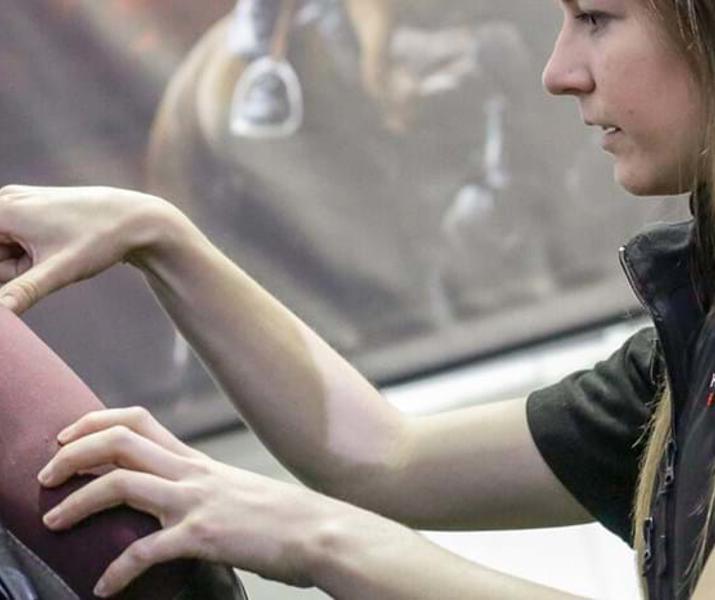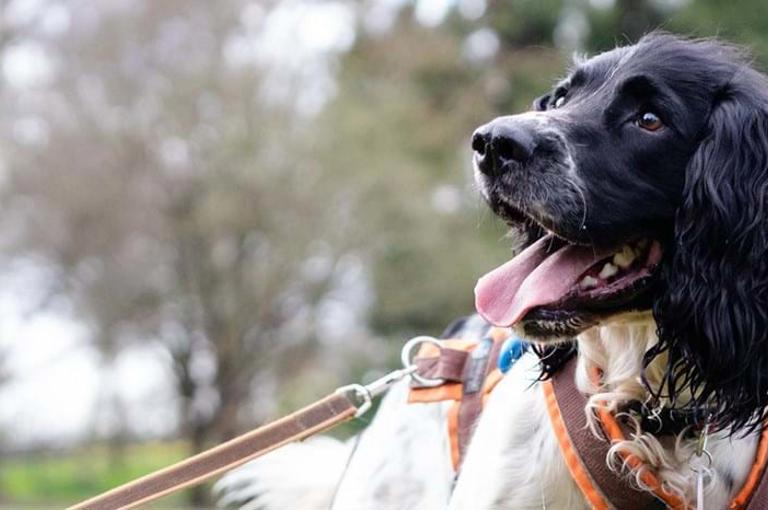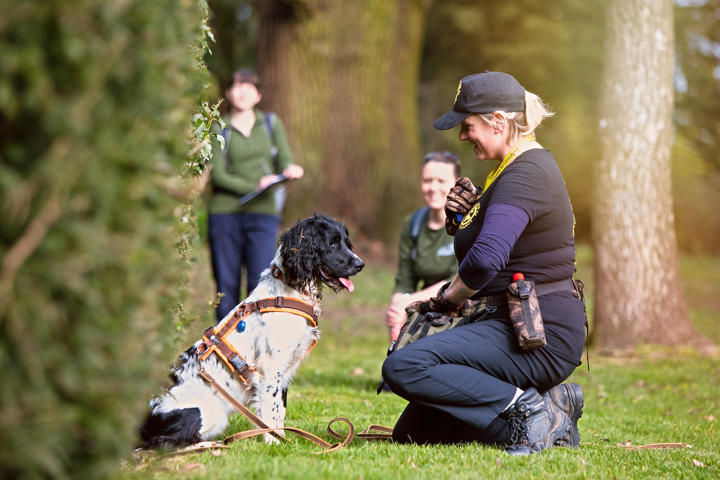The situation
One of the UK's most popular animals, the hedgehog, has seen its numbers drop by a concerning 50% across a decade. This alarming figure has been put down to factors such as loss of habitat, use of chemicals in gardens and on farmland, death through accidents on roads, and other human-related factors.
“One of the biggest causes of hedgehog decline is habitat fragmentation," explains Dr Lucy Bearman-Brown, leading hedgehog conservation expert and Senior Lecturer in Zoology. "As housing estates are built, roads are built and the landscape is broken up into increasingly small chunks. That can make it harder for hedgehogs to find each other for mating and they might struggle to find enough food and nesting sites.”
Project partners

An award-winning team
Lucy has subsequently shared her research nationally and internationally, and was interviewed live on the BBC’s popular programme, The One Show.
Henry has also received recognition, winning the Worker category at the inaugural Naturo SuperDog Awards, which celebrates and recognises the UK’s exceptional dogs.
Explore our research
How Hartpury’s industry-leading facilities have been used to gauge elite technique indicators in dressage riders.

Exploring the varying information, behaviour and values associated with two production systems and their selling routes









